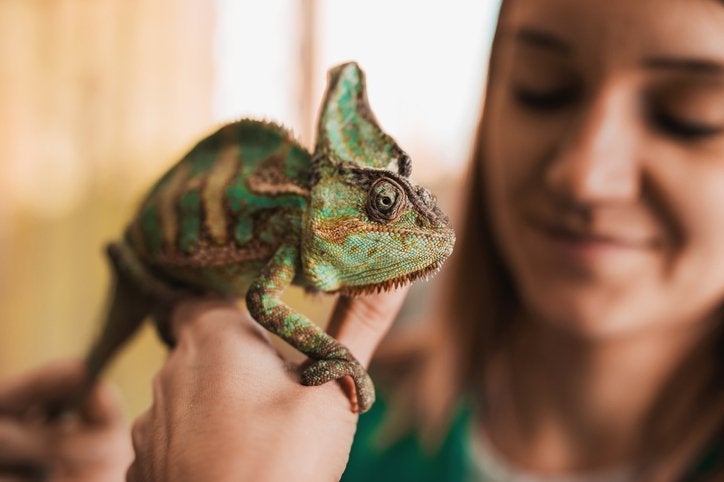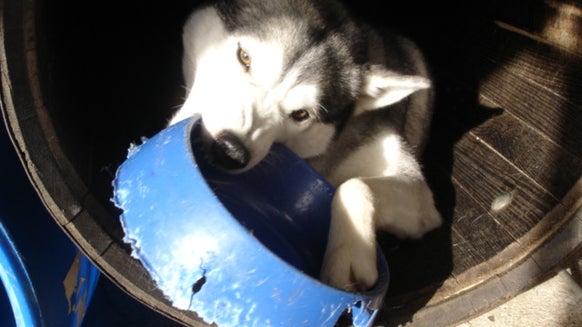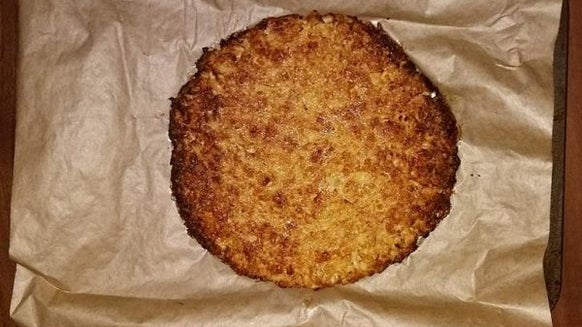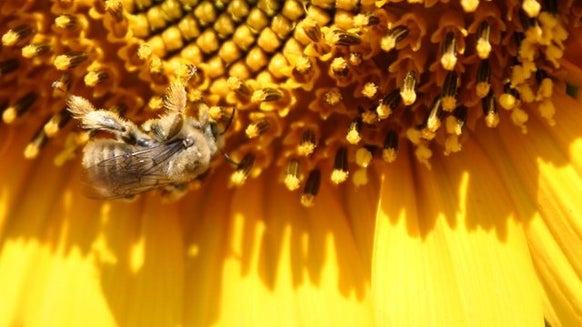Endangered Species And CITES On Preloved

If you are intending to sell or buy a live animal (e.g. an exotic pet), or any part or derivative of an animal (e.g. taxidermy, furs, tortoiseshell etc.) on Preloved that is considered rare or endangered, it is important that you are fully aware of Convention on International Trade in Endangered Species (CITES) law and your responsibilities as the penalties for breaking the law can be severe.
Our overview of CITES will give you a better understanding of what is required from you when buying and selling certain animals.
What Is CITES?
CITES is an international agreement between governments that restrict trade to protect a wide range of wildlife, including animals, birds and reptiles (alongside plants and trees) whose populations could be threatened by excessive trading. 180 countries have signed the Convention worldwide.
Currently, CITES protects over 35,000 species, including around 5,600 animals and 30,000 plant species. Although many of these animals in trade are not endangered, the regulations are there to protect the survival of each species by ensuring sustainable trading.
The Animal and Plant Health Agency (APHA) is the licensing authority for CITES and is an executive agency of the Department for Environment, Food and Rural Affairs (DEFRA). APHA carries out management of CITES in the UK and offers guidance on to traders about CITES.

What Is The Law?
Within the European Union, CITES is given the force of law by EU Regulation. The Regulation Annexes A, B, C and D, offer varying levels of protection for the animals listed within them by restricting trade. Annex A are the most trade restricted species, while trade of those in Annex B are still restricted, but less so. The other Annexes are not relevant to this notice.
To legally buy from or sell to any country outside of the EU, any animal listed on Annex A or B needs an import or export certificate issued by APHA.
The Regulations impose a further restriction on Annex A, which lists the most endangered species, and states that such species advertised for sale must have a sales certificate issued under Article 10 of the EU Regulations. This applies to many of the various breeds of tortoises, reptiles, parrots and birds of prey.
There are two different types of Article 10 certificate. A Transaction Specific Certificate (TSC) which is valid only for the person named on the certificate, and a Specimen Specific Certificate (SSC) which is valid for anyone who possesses the specimen (i.e. the animal or plant) and must be passed on to any new owner. Any Article 10 certificate can have conditions on it which may say the specimen can't be moved or sold. In addition to this, the specimen must be uniquely marked, for example with a ring, tag, tattoo, microchip etc., and this mark is recorded on the Article 10 certificate.
However, items made from parts or derivatives from any listed species that were made or altered before the 3rd March 1947 do not need such a certificate providing there is clear evidence of this available. The seller is responsible for obtaining the certificate, or providing the documentary evidence of the age of the item.
Annex B specimens can be traded as long as they were legally imported into the EU in the first place. Police, UK Border Force and Wildlife Inspectorate enforce the legislation that applies in the UK.
What Animals Are Protected?
Some of the more common examples that are found on Preloved are listed in the box to the right. You should also look at:
The complete list of Annex A and B Species, The CITES species photo gallery for a visual guide.
Please be aware that when looking at species photo gallery, species listed on CITES Appendices II may well be protected under Annex A according to the EU Regulation.

Selling Endangered Species On Preloved
If you are intending to sell an Annex A specimen on Preloved, you will need to state that you have an Article 10 sales certificate and must include the permit number as part of our advertising rules. You can review our listing guidelines here.
You can apply for an Article 10 sales certificate on the Animal and Plant Health Agency website and guidance on how to complete the application form is also available here - Animal and Plant Health Forms and Fees.
Each applicant must supply the necessary information and make a signed legal declaration in order to process the application. If you are sending an item to someone outside of the EU you will need an export certificate.
Please be aware that in the interest of conservation, Preloved bans the advertising of all ivory from its website - this includes ivory from elephant, hippo, walrus, whales, narwhal and warthog species. You can find out more about why we have made this decision by reading our related blog article here.
Buying Endangered Species On Preloved
If you are a buyer that is interested in an animal/plant specimen which is being advertised for sale, you should firstly check to see if the species is listed under CITES Annex A. You can easily check this by entering the species name into Species+ or by viewing the list of species here.
You will also need to determine that the seller is within Europe (otherwise import/re-export permits may be required) and that they have the required Article 10 sales certificate if it is a specimen of a species listed on Annex A. Buyers should also gain proof from the seller that they legally imported the specimen if it came from outside Europe. Buyers should make sure they get the original copy of the Article 10 certificate as proof of their 'legal acquisition' of the specimen.
Remember, to buy or sell an Annex A specimen without an Article 10 sales certificate is an offence. You should not buy any specimen where the seller says they have an Article 10 certificate, but will not show it to you, or says they will send it on later. Please advise us if you come across anyone of this nature whilst using Preloved.








